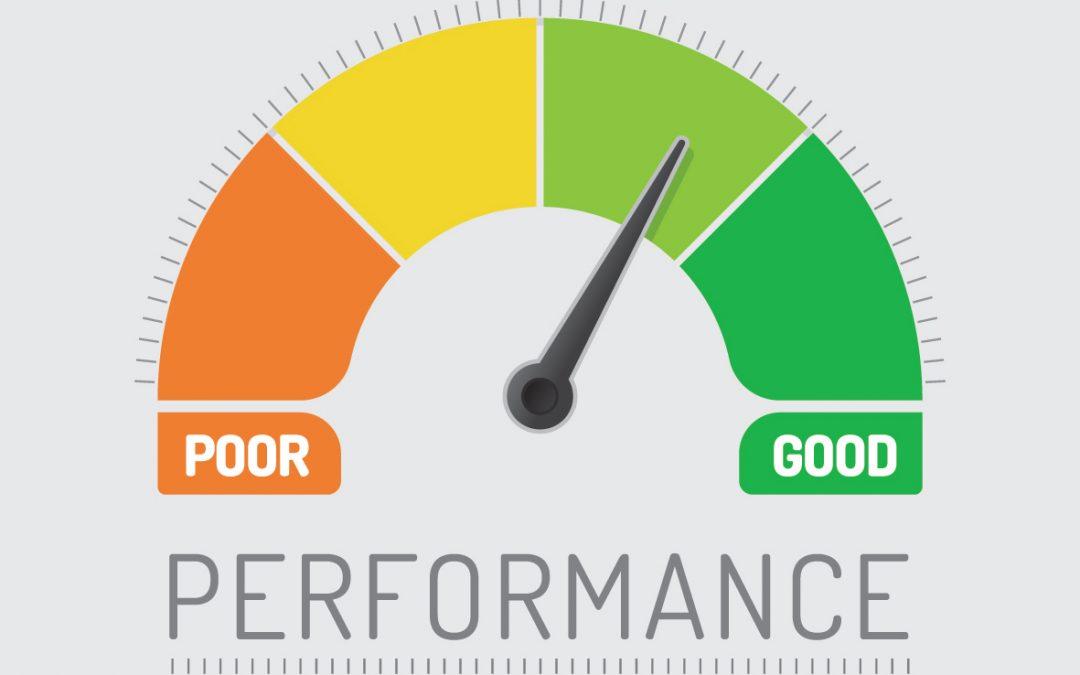3 Simple Ways to Raise Your Credit Score

If you’ve ever tried to buy a big-ticket item, chances are you know your credit score. Your credit score is there to tell the bank how much risk they’re taking by loaning you money. So, if it’s high, you’re likely to pay them back, but if not, they’re taking a bigger risk of non-payment.
Banks need to account for that increased risk, so the lower your credit score, the higher your interest rate will be on any loan. Whether you look at loan companies in Jacksonville, TX, or Portland, ME, your credit score follows you everywhere. So, if you want to borrow money from a bank and have a low credit score, you want to raise it to get the best possible rate.
Luckily, it’s not hard to do, but it does take a little time.
Keep Making Payments
The most important step to raise your credit score is to make your payments on time for all your bills. Better yet, make them early that way they’re out of the way.
Making regular bill payments by or before their due date will slowly raise your credit score over time. If you can’t make your payments because you’re having money troubles, contact your creditors directly to set up a plan.
Working with them will keep your creditors from reporting your lack of payment to the credit bureau.
Request Higher Limits back
As long as you make your payments on time, your credit score is on the rise, but there’s a quicker way to give your score a boost. If you have credit cards, call them, and request a limit increase.
Raising your credit limits might sound counter-intuitive, but it lowers your debt percentage by widening the gap between what you owe and how much more you could borrow. And since you want to keep that gap wide, don’t cancel any of your credit cards. Just cut them up and throw them away so you won’t use them.
Check Your Reports
You can use a service like Credit Karma to check your credit score, but that only gives you a snapshot. Once a year, pull your credit reports from the three major credit bureaus: Equifax, Experian, and TransUnion. By law, you can pull them once every 12 months for free and without penalty.
Read over your reports and note anything you disagree with or that doesn’t belong there. Dispute any errors you see to remove them and follow up after 30 days to ensure the errors are gone.
Improve Your Credit and Open Doors
Raising your credit score takes time, but if you’re consistent with your payments and follow these tips, you’ll see it moving in the right direction. Once you raise your credit score, you’ll open the door to better loan rates and opportunities you didn’t have access to before.
So, be sure your score remains high, check your credit reports every year, and if you see your score take a dip, address the issue right away to keep those doors open.









